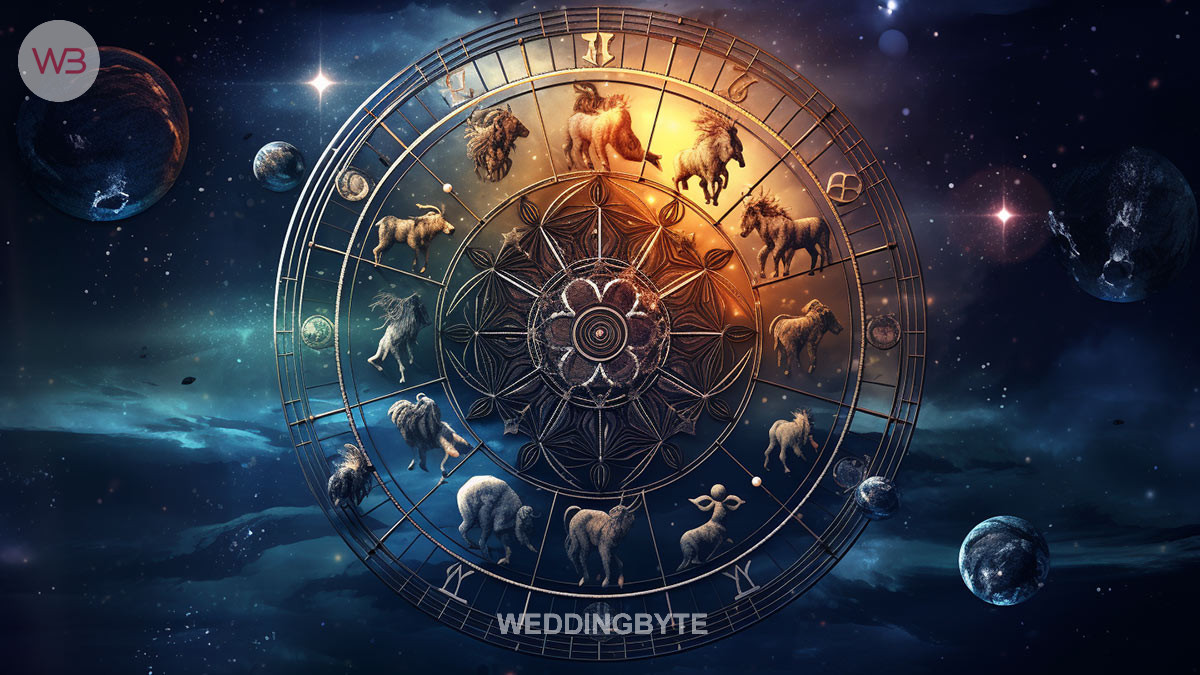
Horoscope Today: Insightful Guidance or Just Wishful Thinking?
ArticlesEvery day, countless people look to their horoscope for a glimpse of what lies ahead. But is reading your horoscope today giving you genuine insight into your life, or is it just wishful thinking? With astrology enjoying a resurgence in popularity, especially online and on social media, it’s essential to consider whether these daily predictions hold any real value. Are they guiding us toward better decisions and self-awareness, or are they simply comforting fictions we choose to believe? In this article, we will explore the origins of horoscopes, the psychology behind their appeal, and whether they should be taken as serious guidance or entertaining diversion. Let's delve into the stars and find out!
1. The Historical Roots of Horoscope PredictionsAstrology: A Practice as Old as Time
Astrology dates back thousands of years, with roots in ancient Babylonian, Egyptian, and Greek cultures. These early civilizations believed that celestial bodies influenced earthly events, and they developed complex systems to interpret these cosmic patterns. Astrology was considered a scholarly discipline alongside astronomy and medicine, used to predict everything from the outcomes of wars to personal fortunes.
The Evolution of Daily Horoscopes
Daily horoscopes, as we know them today, evolved much later. The idea of giving personalized astrological advice for each day became popular in the early 20th century with the rise of mass media. The first widely recognized newspaper horoscope was published in 1930 by R.H. Naylor in the London Sunday Express, sparking a trend that would grow globally. Today, daily horoscopes are a common feature in newspapers, magazines, and, of course, online platforms.
2. The Allure of Daily Horoscopes: Why Do We Keep Reading?
Seeking Answers and Meaning
Many people turn to daily horoscopes to seek answers and find meaning in their lives. In a world full of uncertainties, horoscopes offer a semblance of structure and guidance. They provide a narrative that helps make sense of chaotic or unpredictable events, allowing readers to feel a sense of control or understanding about what may come next.
A Source of Daily Comfort
For many, horoscopes serve as a daily comfort—a quick boost of positivity or reassurance. Whether it’s a nudge towards confidence, a reminder to be cautious, or a suggestion to focus on self-care, horoscopes can provide a moment of reflection and a positive start to the day.
3. How Horoscopes Are Crafted: A Look Behind the Curtain
The Astrological Foundations
Daily horoscopes are based on the positions and movements of celestial bodies—such as the sun, moon, and planets—relative to the twelve zodiac signs. Astrologers use these positions to craft predictions, focusing on how these cosmic dynamics might influence emotions, behaviors, and events. However, because horoscopes are written for a broad audience, the predictions are often generalized.
The Role of Generalization in Horoscope Writing
Given the wide audience, horoscopes must be written in a way that is broadly applicable. This generalization means that statements are often kept vague or open-ended, allowing readers to find their interpretation and relate the advice to their unique circumstances. This technique makes horoscopes more likely to resonate with a larger group of people.
4. The Psychology of Believing in Horoscopes
The Barnum Effect: Why Vague Statements Feel Personal
One psychological principle that explains why horoscopes feel accurate to many people is the Barnum effect. This effect occurs when individuals believe that general or vague statements are highly specific to them. Because horoscopes use language that could apply to almost anyone, readers are likely to see themselves in the descriptions, reinforcing the belief in their accuracy.
Wishful Thinking and Self-Fulfilling Prophecies
Reading a positive horoscope can also lead to a self-fulfilling prophecy. If you believe good things are coming your way, you might be more likely to act in ways that make them happen—approaching the day with a more optimistic mindset, taking more risks, or being more open to new opportunities. Conversely, a negative horoscope might subconsciously encourage you to act more cautiously or even attract negative outcomes by altering your behavior.
5. Are Horoscopes Insightful Guidance or Just Entertainment?
Arguments for Horoscopes as Insightful Guidance
Encouraging Self-Reflection: Even if not scientifically valid, horoscopes can prompt self-reflection and mindfulness, encouraging readers to think about their goals, relationships, and emotions.
A Tool for Emotional Comfort: For many, horoscopes provide emotional comfort and reassurance, acting as a daily check-in with oneself that can offer psychological benefits.
A Source of Positive Thinking: By promoting positive attitudes and behaviors, horoscopes can indirectly contribute to a person’s well-being and sense of purpose.
Arguments for Horoscopes as Wishful Thinking
Lack of Scientific Evidence: Horoscopes lack empirical evidence and are not based on scientific methodologies, making them unreliable for serious guidance.
Generalized Predictions: The generalized nature of horoscopes means they are not tailored to individual circumstances and can apply to almost anyone.
Risk of Over-Reliance: Depending too much on horoscopes for decision-making can lead to poor choices or a lack of personal agency.
Conclusion
So, is your daily horoscope insightful guidance or just wishful thinking? Ultimately, it depends on your perspective and how you choose to use it. For some, horoscopes provide a valuable tool for self-reflection and positive thinking, while for others, they remain a fun diversion without any serious implication. Whether you see your horoscope as a daily guide or a piece of entertainment, it’s clear that horoscopes will continue to captivate and divide audiences. Whatever the stars may say, remember that the most important guidance comes from within—trust yourself, your instincts, and your experiences.





